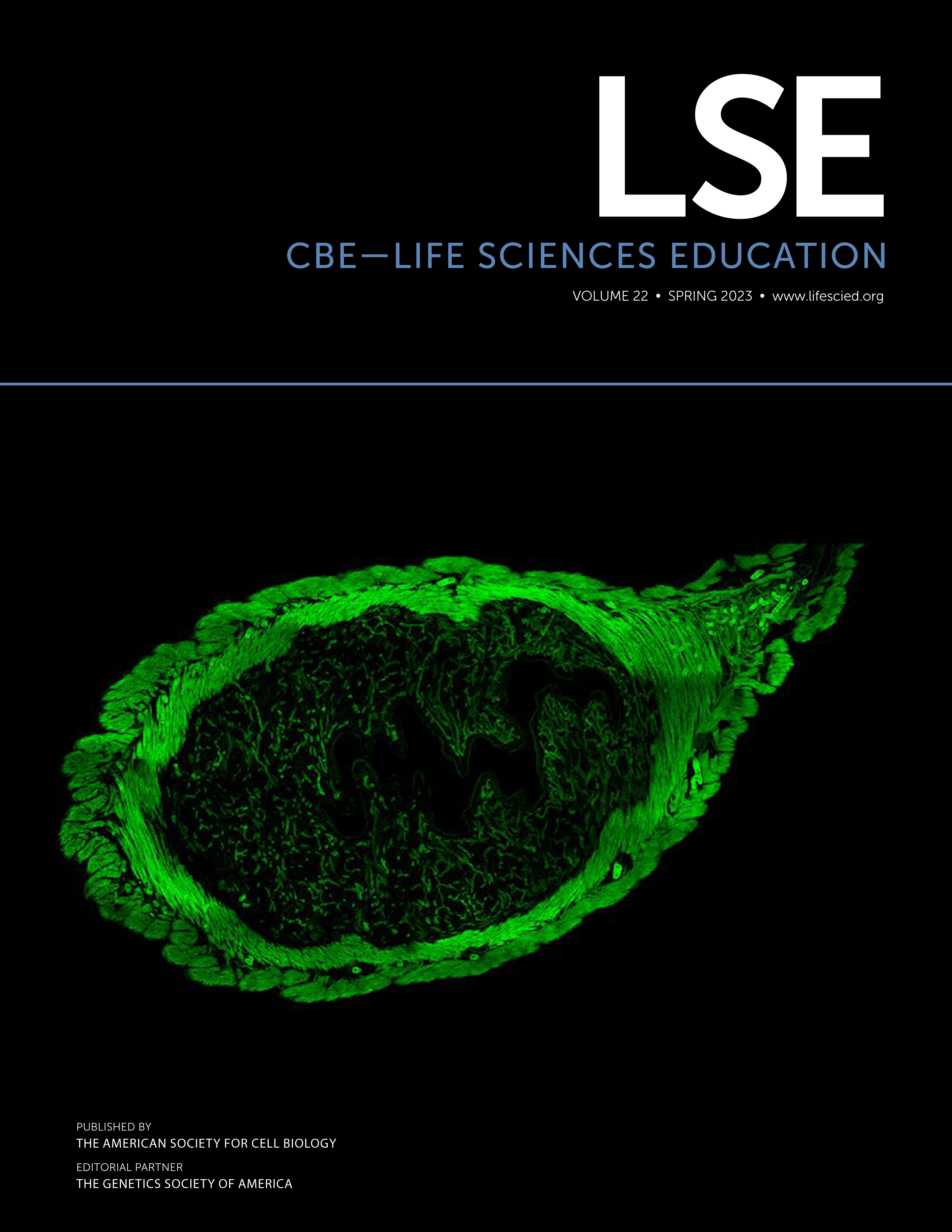Teaching Postsecondary Students to Use Analogies as a Cognitive Learning Strategy: An Intervention
Abstract
Analogical reasoning is an important type of cognition often used by experts across domains. Little research, however, has investigated how generating analogies can support college students’ self-regulated learning (SRL) of biology. This study therefore evaluated a contextualized cognitive learning strategy intervention designed to teach students to generate analogies as a learning strategy to aid learning within a university biology course. Participants (n = 179) were taught how to generate analogies as a learning strategy to learn about plant and animal physiology. We hypothesized the quality of students’ generated analogies would increase over time, and their analogical reasoning, knowledge of cognition (KOC; a component of metacognitive awareness), and course performance would be higher after intervention, controlling for associated pre-intervention values. Regression analyses and repeated-measures analysis of variance indicated a positive relationship between generated-analogy quality and analogical reasoning, and increased analogy quality after intervention. No change in reported KOC was observed, and analogy quality did not predict course performance. Findings extend understanding of strategies that can support college students’ biology learning. Researchers and practitioners can leverage our approach to teaching analogies in their own research and classrooms to support students’ SRL, analogical reasoning, and learning.



